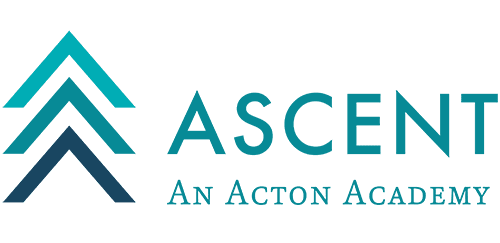Year 1. Session 5. Week 3.
Just like that, the Eagles are halfway through Session 5 – time flies when exploring all the oceans have to discover! This week saw the learners venture to the deepest depths of the ocean to learn how life not only survives but even thrives! They also continued fleshing out their Science-based Fiction stories and began preparing their individual deep-dive presentations for what is shaping up to be an exciting Exhibition of Learning at the end of the session!
Quest
In an environment with very little light, immense pressure and bone-chilling temperatures, how does life survive? Thanks to adaptations that species have made throughout history, they have made changes that allow them not only to survive but flourish as well. The Eagles learned about adaptations made by deep-sea dwellers such as bio-luminescence, camouflaging, size/shape and many more. They then identified different adaptations they’ve had to make both in the studio and at home in order to be more successful. What types of adaptations have you and your family made in order to make your days more successful?
In addition to the adaptations made for survival sake, many of these creatures have noticeable physical differences resulting in some pretty terrifying features! The Heroes then took on the topics of fear and the unknown:
- Are fears discovered or created?
- Is the unknown scary?
- How will you overcome fears you face right now on your own Hero’s Journey?
Writers’ Workshop
The Science-based Fiction stories continued to evolve this week as the Eagles learned the value of “Showing” versus “Telling” through Mentor Texts like The Twits by Roald Dahl and The Magic School Bus: On the Ocean Floor by Joanna Cole. In The Twits, Dahl goes into extreme detail discussing a man’s dirty beard by talking though the various foods found within it and exactly what happens as he takes a bite of a condiment-laden meal. The author is painting a picture for the reader, filling in all of the tiny gaps rather then just saying “The man had a dirty beard” and letting them come up with that image all on their own.
After visiting examples in each story, the Eagles went back to their drafts with the challenge of finding at least two sentences in which they told the reader something and changing the language into something that would show the reader what it was that they wanted to communicate. We can wait to see the final versions of what are sure to be very vivid stories!
Civ
This week in Civ, the studio traveled from Rome to India where the importance of the Ganges River system was discussed, the caste system was introduced and Buddhism was born. Questions debated included:
- Who was more responsible for the “untouchables” having such difficult lives, the upper class Indians living during the same time, or the earliest Indians, who started stories about how untouchables should live?
- Is it natural to have upper, lower, and middle classes in society or is it just a product of some people taking advantage of others?
- What would you do if you vowed to lead a life guided by non-violence yet were told by a neighboring invader that they would attack your town in 48 hours unless you gave up your land?
The depths the Eagles go to in these discussions are so powerful to be a part of and it’s so inspiring to listen to them take a stand on their opinion yet be open to the viewpoints of their peers!
Art
Ms. Marina from Creative Action helped “chaperone” the Eagles on a trip though a “haunted house” they created. The group has been so engaged and willing to immerse themselves in the stories and world’s they’ve created!














